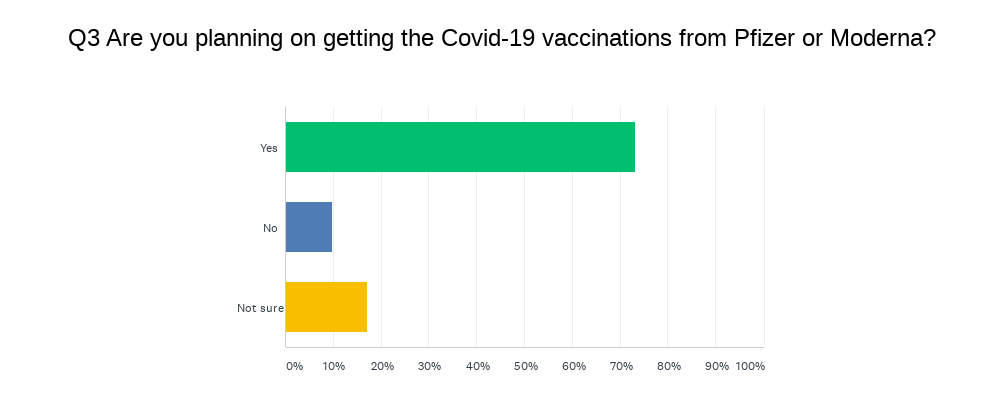Age-related macular degeneration affects more than 150 million people worldwide and is the number one cause of irreversible vision loss and visual impairment in the world.
Once vision is lost, there is no way to restore it. Treatments are available to slow down the progression of the disease and there is now a therapy in development that involves using a biohybrid artificial retina.
Spanish researchers have created an artificial retina that could mesh better with the human eye better than current artificial retinas. The artificial retina consists of many layers of retinal cells bound by silk fibroin films and encased in a protective gel. The device is designed to help retinal neurons grow and develop, filling in the damage created by the disease.
The device is not yet ready for animal testing but the biohybrid retinas were tested in lab cultures over the period of a week. The retinal neurons survived and began to grow neurites, which are the start of connections that transmit signals between cells.














